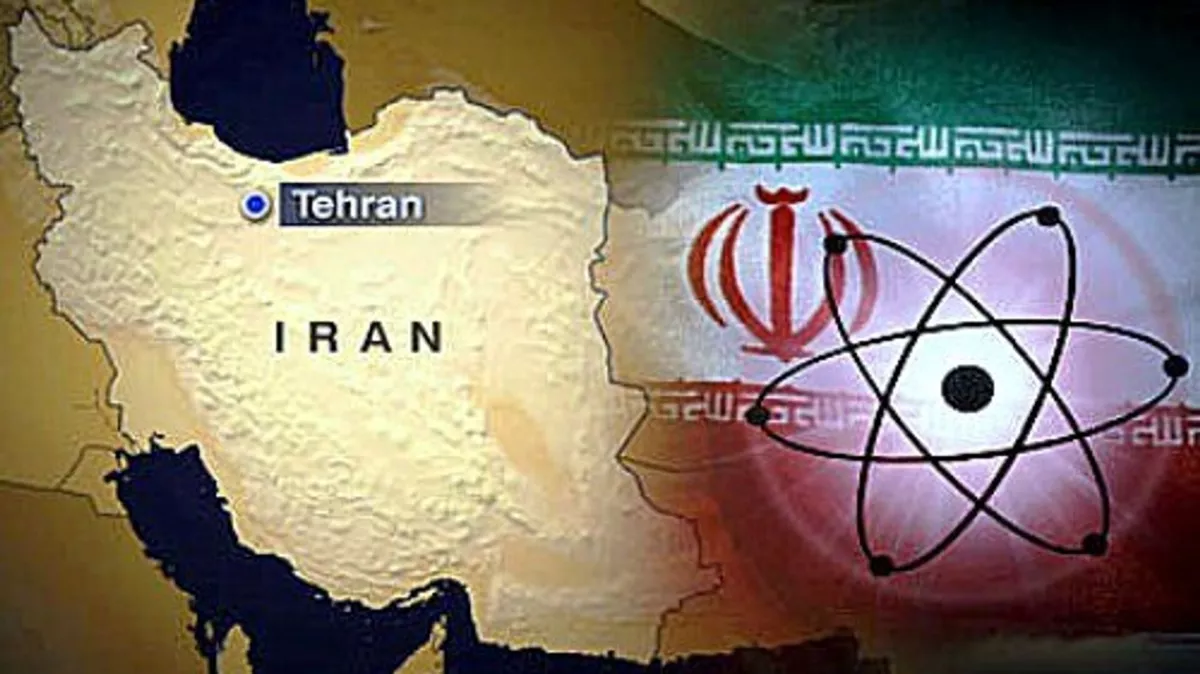Iran’s nuclear threshold West pressures, Tehran stands firm
Iran has managed to enrich enough uranium to produce nine nuclear warheads, according to an International Atomic Energy Agency (IAEA) report. Tehran has been carrying out secret nuclear activities using materials it failed to disclose to the UN watchdog. This is stated in an extensive confidential report reviewed by Reuters on May 31.
The findings of the “comprehensive” report by the IAEA, requested by the agency’s 35-nation Board of Governors, pave the way for increased pressure on Iran from the United States, the United Kingdom, France, and Germany. The Board declared that Iran is violating its nuclear non-proliferation obligations. This resolution will undoubtedly anger Iran and could further complicate nuclear negotiations between Tehran and Washington.
The United States is demanding that Iran cease uranium enrichment, transfer its already enriched material to third countries, and dismantle its entire enrichment-related industrial infrastructure. In exchange, Washington is offering to lift economic sanctions imposed on the country. However, Tehran has declared the dismantling of its enrichment facilities a red line and refuses to discuss the issue.
For now, the military option is off the table, as President Donald Trump has decided against launching strikes on Iran and has also prohibited Israel—America’s main ally and Iran’s chief rival in the Middle East—from doing so. Talks between the two countries have reached an impasse. Meanwhile, Iran’s stockpile of uranium—enriched to levels approaching weapons-grade—is reportedly growing.
Based on the findings of the IAEA report, the four Western powers are planning to submit a draft resolution for adoption by the Board at its next session, scheduled for June 9. This would mark the first time in nearly two decades that Iran is officially declared non-compliant with its obligations under the IAEA framework.

Iran, for its part, has stated that the UN nuclear watchdog’s report is “politically motivated and repeats baseless accusations.” The country’s state media reported that Iran “will take appropriate measures” in response to any attempts to take action against Tehran at the upcoming IAEA Board of Governors meeting.
In a separate report sent to IAEA member states on May 31, the agency noted that Iran’s stockpile of uranium enriched to 60% purity—close to the roughly 90% required for weapons-grade—has nearly doubled since the end of last year, reaching 408.6 kilograms. If further enriched, this would be enough to produce nine nuclear warheads. Both IAEA reports state that such a high level of enrichment is “a matter of serious concern,” as Iran is the only country enriching to this extent without actually possessing nuclear weapons.
In essence, Tehran is edging ever closer to becoming a nuclear-armed state. A nuclear weapon requires both a warhead and a delivery system. Producing weapons-grade uranium would take only a few weeks, assembling a nuclear device would require roughly the same amount of time, and integrating the device with a missile delivery system could take about a year.
However, the challenge lies in the fact that these processes are difficult to conceal. Moreover, developing a nuclear weapon ultimately requires testing a nuclear device. For this reason, Iran has stopped just short of crossing the nuclear threshold—producing long-range ballistic and cruise missiles and enriching uranium to 60% purity—but has not yet made a definitive nuclear breakout. Still, some experts believe that such a breakout could be difficult to detect.
In any case, Iran is taking a significant risk. The closer it gets to nuclear weapon capability, the higher the likelihood of Israeli and American military strikes aimed at eliminating its nuclear programme. This is precisely why Tehran has so far refrained from taking that final step.
This state of affairs is causing growing frustration among critics within Iran’s own establishment, particularly from reformist and liberal factions. They accuse the ruling ultra-conservative group of pursuing a costly and counterproductive uranium enrichment programme.
“What’s the point of this enrichment effort?” they argue. “Not only has it consumed billions of dollars, but it has also triggered devastating U.S. economic sanctions. Why continue enriching uranium—when civilian nuclear energy only requires 3.67%—if you're never going to be allowed to build a nuclear weapon anyway, while the country is already suffering under crippling sanctions that are wrecking the economy?”








